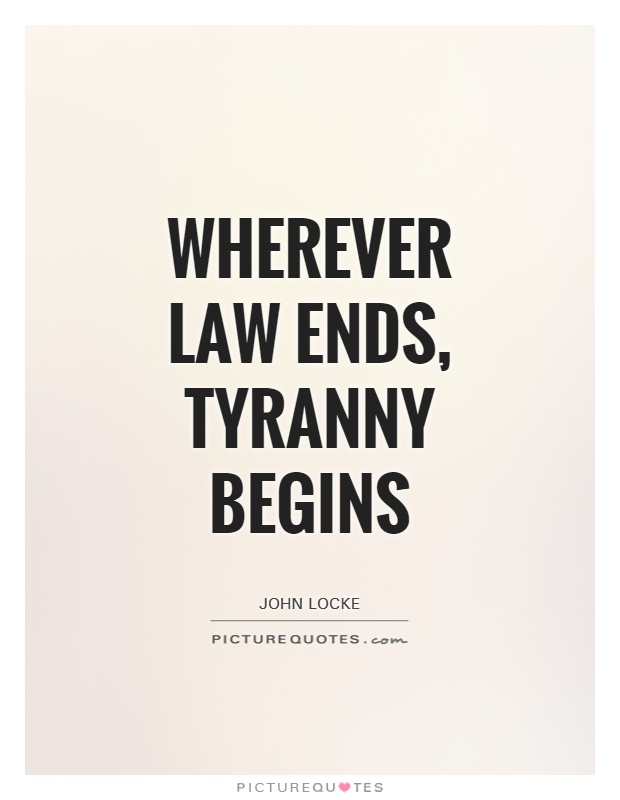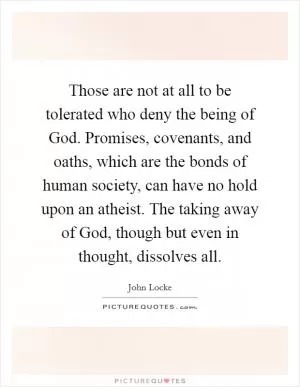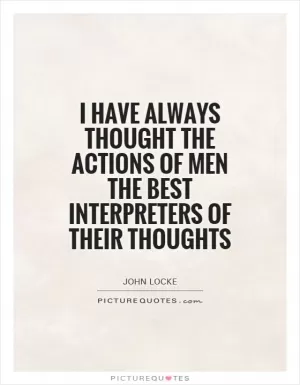Wherever Law ends, tyranny begins

Wherever Law ends, tyranny begins
John Locke, a prominent English philosopher of the 17th century, is often credited with laying the foundation for modern liberal thought and political theory. One of his most famous quotes, "Wherever Law ends, tyranny begins," encapsulates his belief in the importance of a just and limited government to protect the rights and freedoms of individuals.Locke's philosophy was heavily influenced by the political turmoil of his time, including the English Civil War and the Glorious Revolution. He believed that the purpose of government was to protect the natural rights of life, liberty, and property, and that any government that overstepped its bounds and violated these rights was tyrannical.
For Locke, the rule of law was essential in preventing tyranny. He argued that laws should be clear, consistent, and applied equally to all citizens. When laws are arbitrary or selectively enforced, it opens the door to abuse of power and oppression. In the absence of a just legal framework, rulers can act with impunity and trample on the rights of their subjects.
Locke also emphasized the importance of checks and balances in government to prevent the concentration of power in the hands of a single individual or group. He believed in the separation of powers between the executive, legislative, and judicial branches, with each branch serving as a check on the others to ensure that no one branch could become too powerful.












 Friendship Quotes
Friendship Quotes Love Quotes
Love Quotes Life Quotes
Life Quotes Funny Quotes
Funny Quotes Motivational Quotes
Motivational Quotes Inspirational Quotes
Inspirational Quotes